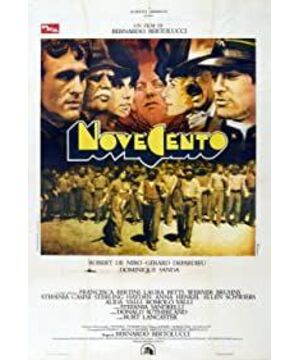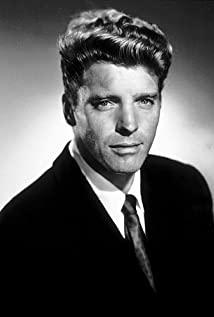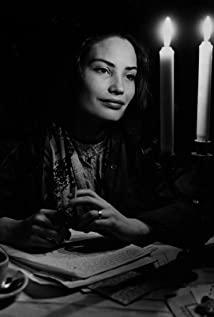A person's birth environment is different, and his growth stage is also different. The values and outlook on life formed must be more or less different. Just like the different "classes" mentioned in political textbooks, they all have their own set of growth systems, and the things they have been exposed to and the education they have received have contributed to the different ways and methods of seeing things and solving problems at all levels. These methods and methods determine that when these different classes are doing things, they are always unable to consider things in a comprehensive and long-term manner, and they cannot always solve certain problems thoroughly and perfectly.
Talking about the movie "1900", whether it is Alfredo or Olmo, whether it is Attila or Ada, they also have their own limitations. Some people say that "1900" has a clear communist stance, but I don't agree. I think Bertolucci just described the era simply and truthfully for us, describing the divide and the collision between the different classes there (in Italy, and in Europe as a whole) - the landlord class, the proletariat, and the emerging bourgeoisie. It's just that Bertolucci scaled the proletariat to the peasantry represented by Olmo, and instantiated the emerging bourgeoisie to the fascists represented by Attila. Bertolucci neither explicitly supports communism nor overly critical of fascism, what is depicted in the film is just a blindness and fanaticism of each person's entity to his beliefs.
The peasant class led by Olmo had no more than an understanding of the revolution, which was nothing more than harvesting the fields and distributing grains, an urgent and realistic material demand, and this was their limitation. They do not understand what revolution means, nor what war means. All they know is the promise of communism and the scars left by the war. So much so that when their weapons were confiscated by the bourgeois provisional government, they could still excitedly run across the fields holding the banner, leaving Olmo dazedly standing in the center of the square, letting Alfredo tease him: "My landlord has come back to life again. ”.
As for fascism, Bertolucci is only highlighted by the tyrannical perversion of an instantiated fascist at Attila. In fact, Attila came to the front of history from a lower class. He also needed revolution, but it was only a fascist revolution, but it also belonged to the category of bourgeois revolution. Like Alfredo's father, Attila is an advocate of modern machinery industry. They need new production relations to adapt to their productive forces. They also need revolution. What they want to revolutionize is the life of the landlord and serf class. Bertolucci blamed Attila's brutality more on human character and desire than on Fascism. Fascism is just a synonym in the film.
As for the dying landlord class, represented by Alfredo and his grandfather, the film is in an extremely embarrassing situation. On the one hand, the consciousness of the serfs is constantly improving, and on the other hand, the dependence of the emerging bourgeoisie on them is decreasing. No matter which side of the revolution it is, what must be revolutionized is the life of their landlord class! Alfredo's protection of fascism was determined by the limitations of the landlord class. Attila, the representative of fascism in the film, is just one of his subordinates to the landlord Alfredo, a foreman of the overseer. It is impossible for Alfredo to be aware of the conflicting interests of the bourgeoisie, nor of the antipathy of the serfs to him. He has been emphasizing: "I did not hurt anyone" is an example. He was unaware of his exploitation of serfs and his connivance of fascism. His way of thinking determined that he thought all this was justified, and these eventually led to his betrayal.
Bertolucci has always held a sympathetic attitude towards these characters involved in the torrent of the revolution, except for Ada and Alfredo's uncle Ottavio. Perhaps this is the role that Bertolucci affirmed and chose. The orphan Ada and Ottavio, who was born in the landlord class, both have an innate artistic temperament. They are enthusiastic and free-loving. They are paranoid, but they love and hate; they are fallen, but they are determined. They can transcend the limitations of their own class and treat things from the perspective of good and evil, which can not be said to be a breakthrough. And they also have their own limitations, that is, they choose to escape from the harsh reality.
I don't like Bertolucci's "1900". The arrangement of the upper and lower parts makes the film an off-topic work, both emotionally and historically.
View more about 1900 reviews











